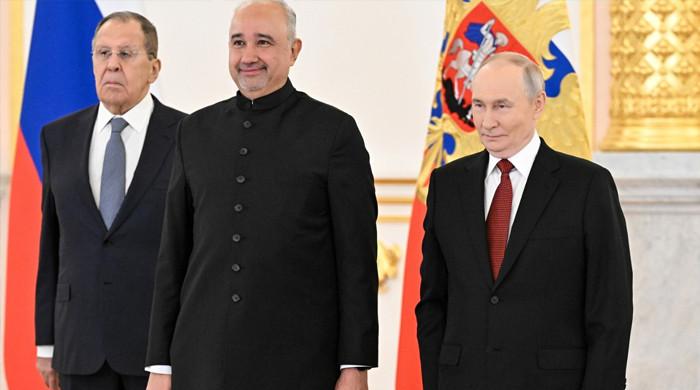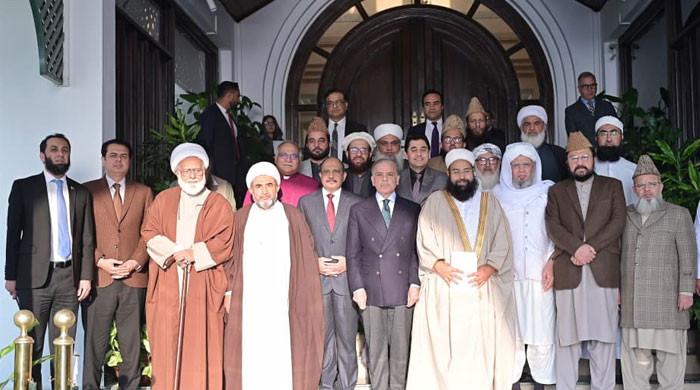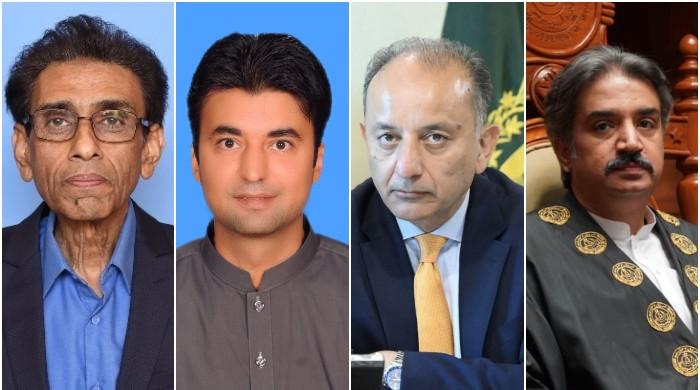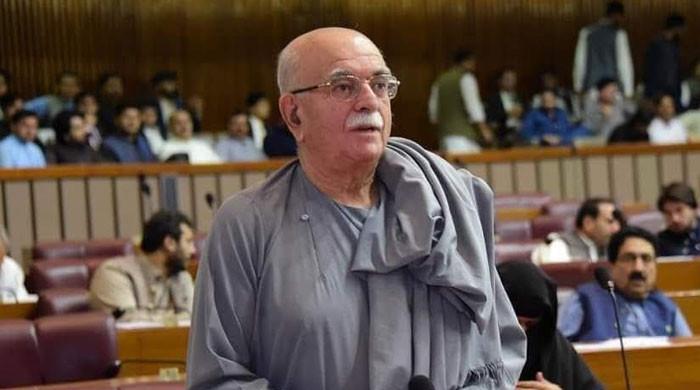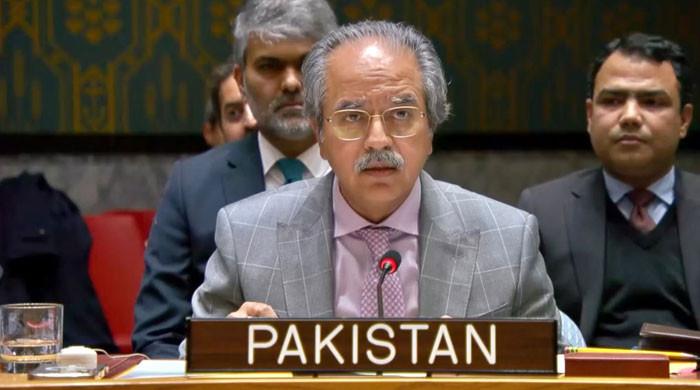How will CJP be appointed after judicial reforms?
Govt successfully pushes through 26th Constitutional Amendment, significantly changing process for appointing CJP
October 21, 2024
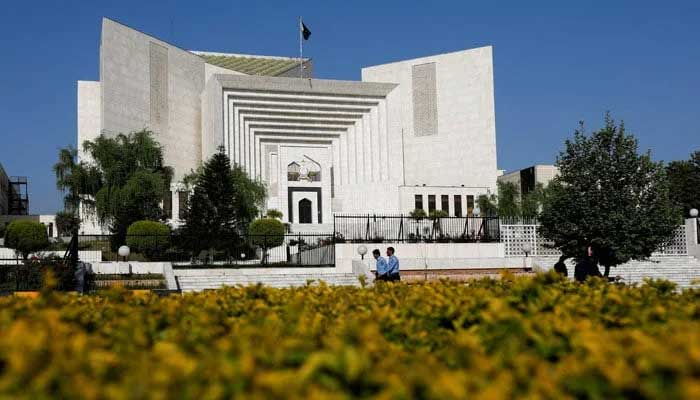
Under the recently passed 26th Constitutional Amendment, the process for appointing the Chief Justice of Pakistan (CJP) has been significantly changed.
As per the new provisions, the selection of the chief justice will no longer be an automatic decision based on seniority. Instead, the choice will be made among the three most senior judges of the Supreme Court.
The National Assembly, following the Senate's lead, approved the 26th Constitutional Amendment with a two-thirds majority, solidifying the government's strength in both houses of parliament.
According to the constitutional tweaks, a 12-member parliamentary committee will decide on the chief justice’s nomination with a two-thirds majority.
The committee will then forward the selected name to the prime minister, who will send the nomination to the president for final approval.
If any of the three senior judges declines the position, the next senior judge will be considered. Moreover, the tenure of the chief justice will now be either three years or until they reach the retirement age of 65.
Appointment of Supreme Court judges
In addition to the changes in the chief justice's appointment, the 26th Constitutional Amendment also introduces reforms in the process of appointing Supreme Court judges.
A judicial commission, headed by the chief justice, will be responsible for this task. The commission will include the four most senior judges, the Federal Law Minister, the Attorney General, and representatives from both the National Assembly and Senate, along with a representative from the bar councils, who have at least 15 years of experience.
Furthermore, the amendment specifies that no court, tribunal, or authority can challenge the advice sent by the prime minister or cabinet to the president.
The judicial commission for the selection of Supreme Court judges will include four members of Parliament.
Constitutional benches will be established in both the Supreme Court and high courts, with the commission determining the number of judges required for these benches.
A 12-member special parliamentary committee, representing all political parties proportionally, will also play a role in this process. Additionally, under Article 184(3), the Supreme Court can no longer issue directions or declarations on its own initiative.
These reforms mark a significant shift in Pakistan's judicial structure, aiming to bring greater transparency and inclusivity to the appointment of senior judges.




